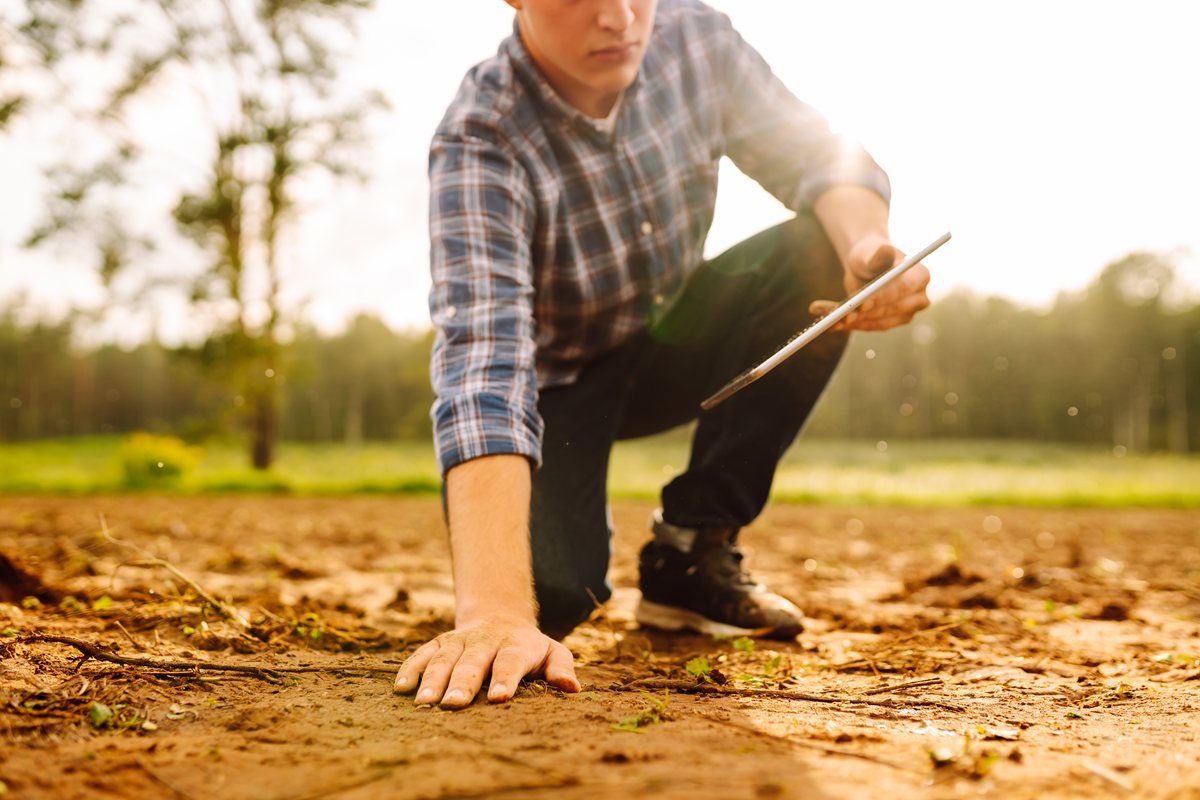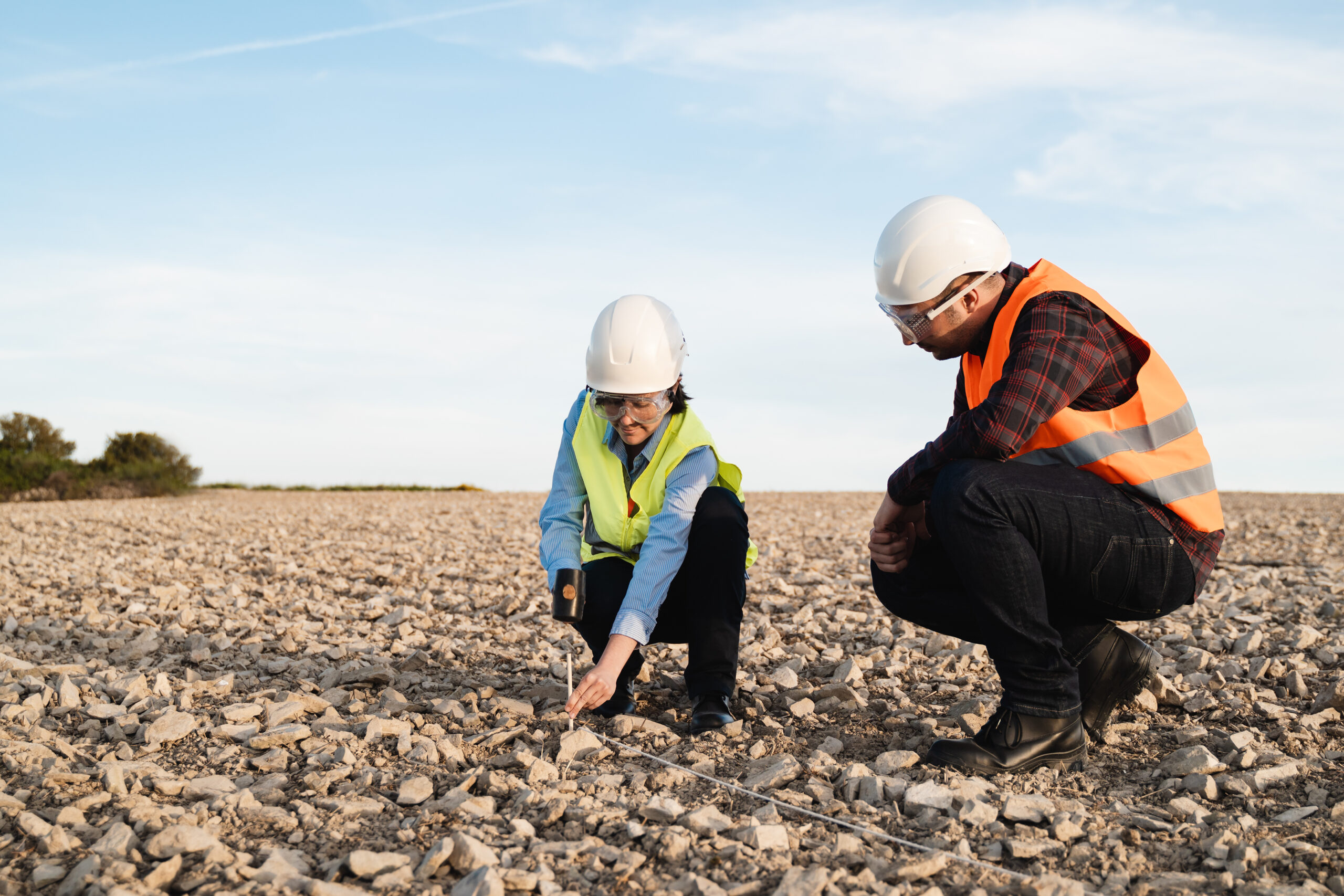
Ground Investigation Surveys for Early-Stage Projects
November 25, 2025 2:31 pmEvery successful build starts long before a single brick is laid. It starts with how well you understand the land beneath your feet. Ground Investigation Surveys give you that knowledge, offering real insight into what’s going on below the surface. And trust me, when it comes to construction, having that confidence early on makes all the difference.
What Are Ground Investigation Surveys?
Think of these surveys as the detective work of development. Before designs are finalised, engineers and planners need to know what sort of ground they are dealing with. Is it firm enough for traditional shallow foundations, or will it need more specialist support? Are there contamination risks left over from previous site use? Could groundwater become an issue during construction?
To answer those questions, a ground investigation survey uses a series of tried and tested methods:
- Boreholes are drilled to bring up samples that can be tested in a lab.
- Trial pits give a first-hand look at soil layers and any hidden obstacles.
- In-situ testing measures the ground’s strength and performance directly on site.
- Soil and water samples are analysed to check for chemical or contamination issues.
All of this helps paint a clear picture of the ground’s characteristics so that structural engineers, architects and developers can make decisions based on facts, not assumptions.
Why Early Stage Ground Investigation Matters
You might be wondering, why do all this so early? The short answer is that it saves both time and money. The longer answer, well, that’s where it gets interesting.
Identifying issues early gives a project the best chance of staying on budget and on track. If you know up front that a site has clay soils that could shrink and swell, or a shallow water table that needs managing, you can build these challenges into the design. It’s far better to factor in solutions at the drawing board stage than to discover them halfway through construction when delays and redesigns become expensive headaches.
It’s also a big help when dealing with planning applications. Local authorities often want reassurance that your proposed development won’t risk flooding, subsidence, or environmental contamination. Being able to submit clear, professional ground data with your planning documents can be the difference between speeding things along and being asked for extra reports later.
So in a nutshell, early stage ground investigation keeps projects realistic, prevents nasty surprises and buys you peace of mind.
Techniques Used in Site Investigations
Not every site requires the same level of detail, and that’s why there’s a toolkit of techniques to draw from. A project on a city-centre brownfield site will need a different approach to one on open greenfield land.
Desk studies and walkover surveys are the starting point. By looking at historical maps, old records, and simply walking the land, surveyors can identify signs of past industrial use, infilled ground, or risks like nearby floodplains.
Geotechnical investigations dig deeper into the science, literally. By measuring how soils behave under weight, how water passes through them, and their level of stability, engineers can design foundations and drainage that will actually work in practice.
Environmental assessments look at pollutants such as hydrocarbons, metals, or asbestos. Where contamination is found, remediation strategies can be designed into the project plan.
Taken together, these steps build a reliable, evidence-based profile of the site you’re working with.

How Site Data Shapes Design
It might sound technical, but this is where investigations connect directly to design decisions.
The right foundation type depends entirely on the soil’s make-up. Strong, stable soils support shallow spread footings, whereas weaker or variable ground may call for piles or raft foundations. Getting this call wrong can lead to structural issues later, so the data really matters.
Drainage and flooding risks also hinge on ground properties. If soil doesn’t drain well, you’ll know early that a robust Sustainable Drainage System will be necessary. Identifying groundwater levels influences whether basements are feasible or if protective measures must be built in.
And then there are health and safety considerations. Certain gases, contaminated soils, or unstable ground all bring risks both during construction and for those using a building in the future. Spotting these early means they can be addressed properly, keeping everyone safe and ensuring compliance.
This is knowledge that strengthens not only the design process but also your project’s credibility with stakeholders and regulators.
Why Work With Castle Surveys?
From my experience, clients want two things when it comes to ground investigation surveys. They want accuracy, and they want answers without unnecessary delay. That’s exactly what our team focuses on.
We combine precise surveying capabilities with geo-environmental expertise, which means we can handle the detailed technical side and interpret the outcomes in a way that directly supports design teams and developers.
No two sites are the same, so our investigations are never off the shelf. If a plot has a history of industrial activity, we’ll focus on contamination. If it sits on complex geology, our geotechnical testing takes the lead. This flexibility ensures we provide exactly the information you need, and we know how to prioritise when timescales are tight.
Developers often mention how quickly we can mobilise and report back, which makes a real difference in early stage decision-making. Let’s face it, when you’re pushing to get a project moving, waiting around for reports is the last thing you need. We make sure we keep things moving.
Wrapping It Up
If there’s one thing worth taking away here, it’s that ground investigation surveys aren’t just a box to tick before construction. They’re the foundation of any successful build. By carrying them out at the earliest stages, you’ll save money, avoid disruption, and give your design and planning process a rock-solid footing.
Ready to get started on a new site? Get in touch with Castle Surveys for a tailored investigation that gives you confidence right from day one.
This post was written by Paul Jackson

Comments are closed here.